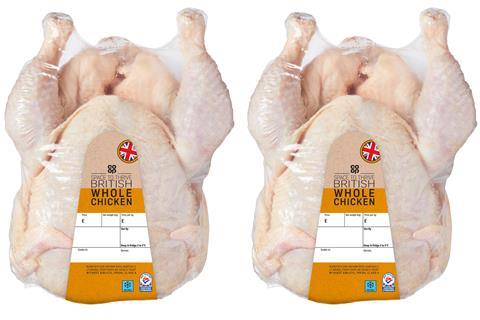
The Co-op has completed its switch to higher-welfare fresh chicken, 10 months ahead of schedule.
As of today (28 February), all fresh chicken sold by the retailer would be bred to a maximum stocking density of 30kg/m2 – the same level mandated by the Better Chicken Commitment and “the accepted higher welfare criteria”, the Co-op said – giving birds more than 20% extra “space to thrive”.
The switch, first confirmed by the Co-op at its AGM in May 2023, followed a long campaign by animal welfare activists over the retailer’s use of fast-growing, so-called ‘Frankenchickens’ in its fresh chicken supply chain.
It was made possible by a “multimillion-pound investment” by the Co-op, which it said would ensure the retail price of chicken would not increase as a result of the improvement in animal welfare.
The Co-op added it had achieved its goal early “by working closely, at pace, with our supplier 2 Sisters Food Group”. The retailer is also planning a second phase – which will see its lower stocking density commitment extended to added value chicken products such as breaded chicken – over the coming months.
The switch will be supported by new packaging, carrying the ‘Space to Thrive’ message, coupled with in-store marketing.
But like Morrisons – which announced a similar commitment to switch to lower stocking densities in January – the retailer has not signed up to the BCC itself. This came despite 96% of its members voting in favour of such a move last year.
Why hasn’t the Better Chicken Commitment found its wings?
The BCC requires signatories to sign up to a raft of additional improvements, including changing the type of birds used from fast-growing birds to slower-growing breeds such as the Hubbard chicken.
However, the Co-op said at the time the move would be too costly, leaving just Waitrose and M&S as the only signatories to the BCC among the UK’s major supermarkets.
Connor Jackson, founder of campaign group Open Cages said he was “pleased” by the move to lower stocking densities.
“This is a crucial and necessary change that will make a meaningful difference to the lives of many millions of chickens,” he added.
“We hope to see this momentum continue with the phasing out of fast-growing breeds too, to put these supermarkets in line with the standards of the Better Chicken Commitment. The BCC needs to become the new minimum standard for chickens in the UK in order to ensure any kind of decent future for these animals.”
Animal welfare was “extremely important to us, our member owners and our customers, and we work very hard to ensure that all the animals in our supply chain are looked after”, said Co-op commercial director Sinead Bell.
“I’m really proud of our change to reduce stocking density, where we have made a significant investment into poultry welfare to give our chickens more space, leading to an improvement in the natural activity and behaviour, general health and welfare improvements, with a reduction in antibiotic usage. This sits alongside our ongoing commitment that 100% of Co-op protein is sourced from our British farmers.”
2 Sisters president Ranjit Singh said the processor was “on a journey to transform our poultry operations to produce happier, healthier birds and this is the latest milestone in that journey”.
He added: “We’ve listened very closely to our customers – and also consumers – who tell us they want more options when it comes to higher welfare chicken as well.
“We’ll always produce the full range of products, ranging from organic, free range to standard birds, but as the years go by, more and more people are asking for higher welfare birds that are still competitively priced, and that’s what we’re proud to deliver.”







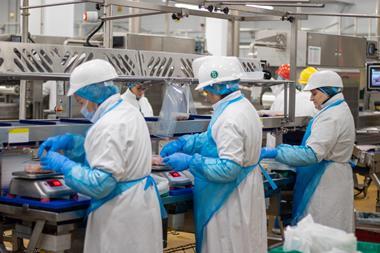


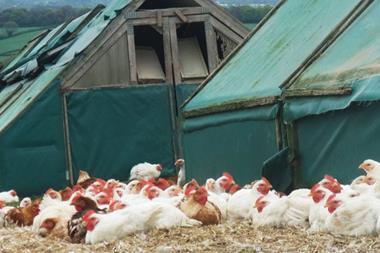
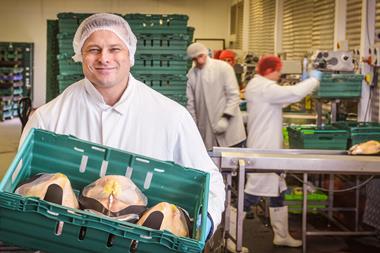
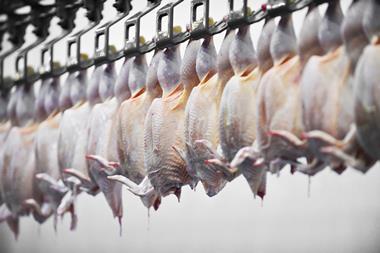






No comments yet